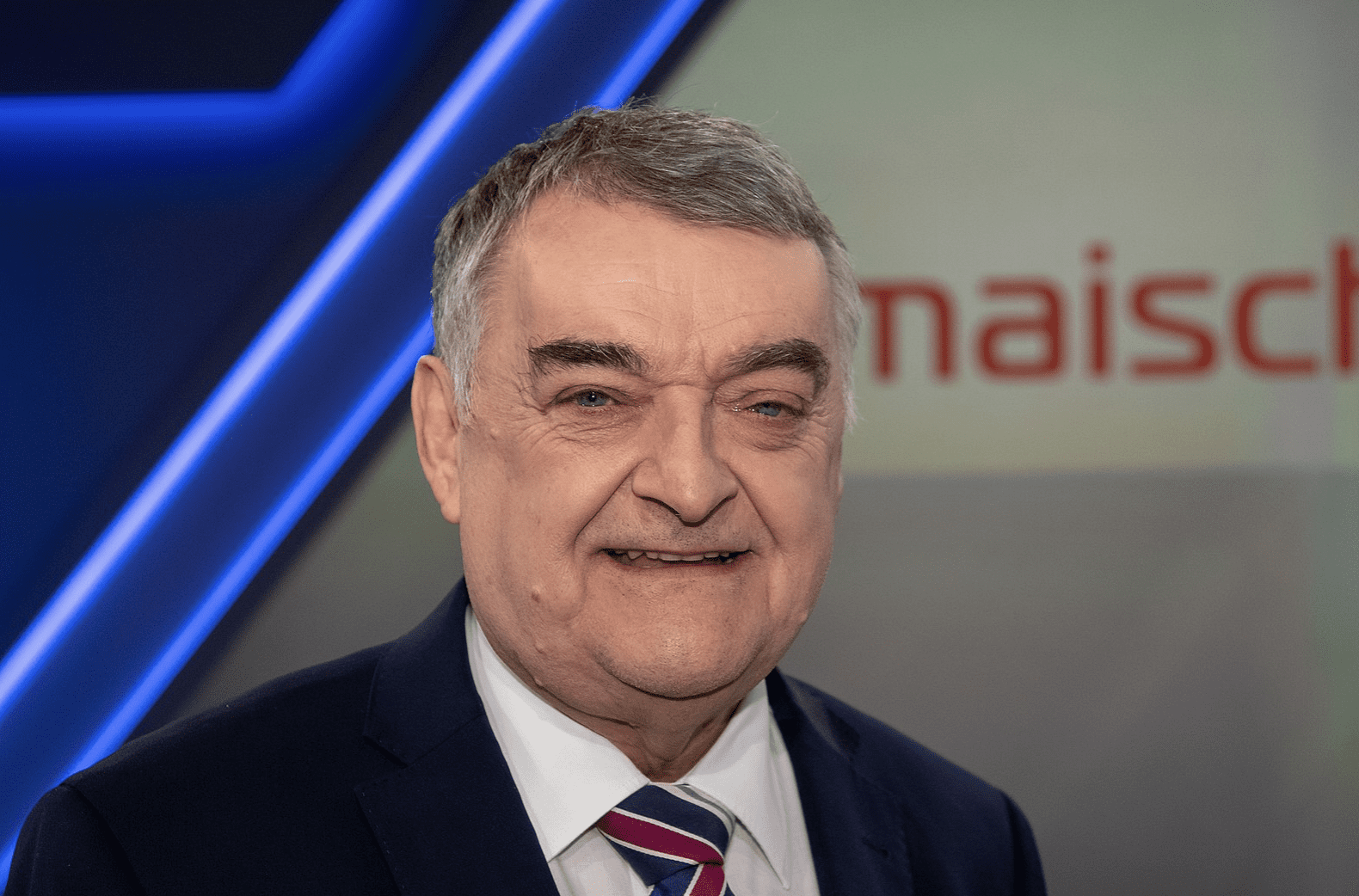
As discontent skyrockets among ordinary working Germans over the soaring cost of living prices, rising inflation, and a looming energy crisis this winter, the interior minister of the state of North Rhine-Westphalia, Herbert Reul (CDU), has ominously warned of the emergence of what he called “new enemies of the state.”
Reul, while speaking with the news outlet N-TV earlier this week, said: “You can already tell from those who are out there. The protesters no longer talk about coronavirus or vaccinations. But they are now misusing people’s worries and fears in other ways… It’s almost something like new enemies of the state are establishing themselves.”
The interior minister also mentioned that state security services in North Rhine-Westphalia were preparing for potentially violent protests in the coming months, noting that police stations have been equipped with satellite phones and emergency fuel storage in the event of possible blackouts and widespread power failures.
In light of the mass protests which took place over draconian COVID-19 measures, Reul voiced concern that the current economic crisis, which is likely to worsen considerably this winter, could very well “intensify” occasions for violent demonstrations.
“I’m worried that if it gets really tangible, energy crisis, prices, cold living room, fuel is getting more and more expensive, that the ground for such narratives, for such conspiracy theories, will increase,” Reul added.
Reul’s statements come just days after, Stephan Kramer, the president of the Thuringian Office for the Protection of the Constitution said that an energy crisis this winter could precipitate social unrest on a scale that will make the coronavirus protests look more like “a kids’ birthday party.”
“Mass protests and riots are just as conceivable as concrete acts of violence against things and people, as well as classic terrorism to overthrow it,” Kramer told ZDF, noting that the prevailing mood among the German population is “explosive.”
“But after the pandemic and the world events of the last few months, we are dealing with a highly emotional, aggressive, pessimistic mood among the population. Its trust in the state, its institutions, and political actors is, at least in some parts, fraught with serious doubts,” Kramer said.
Since the onset of the Russo-Ukraine war, electricity prices in Germany have tripled, and are expected to increase even further in the months ahead. Fuel shortages combined with rising prices could result in widespread bankruptcies and mass layoffs, which quite likely would spark large-scale social unrest.
